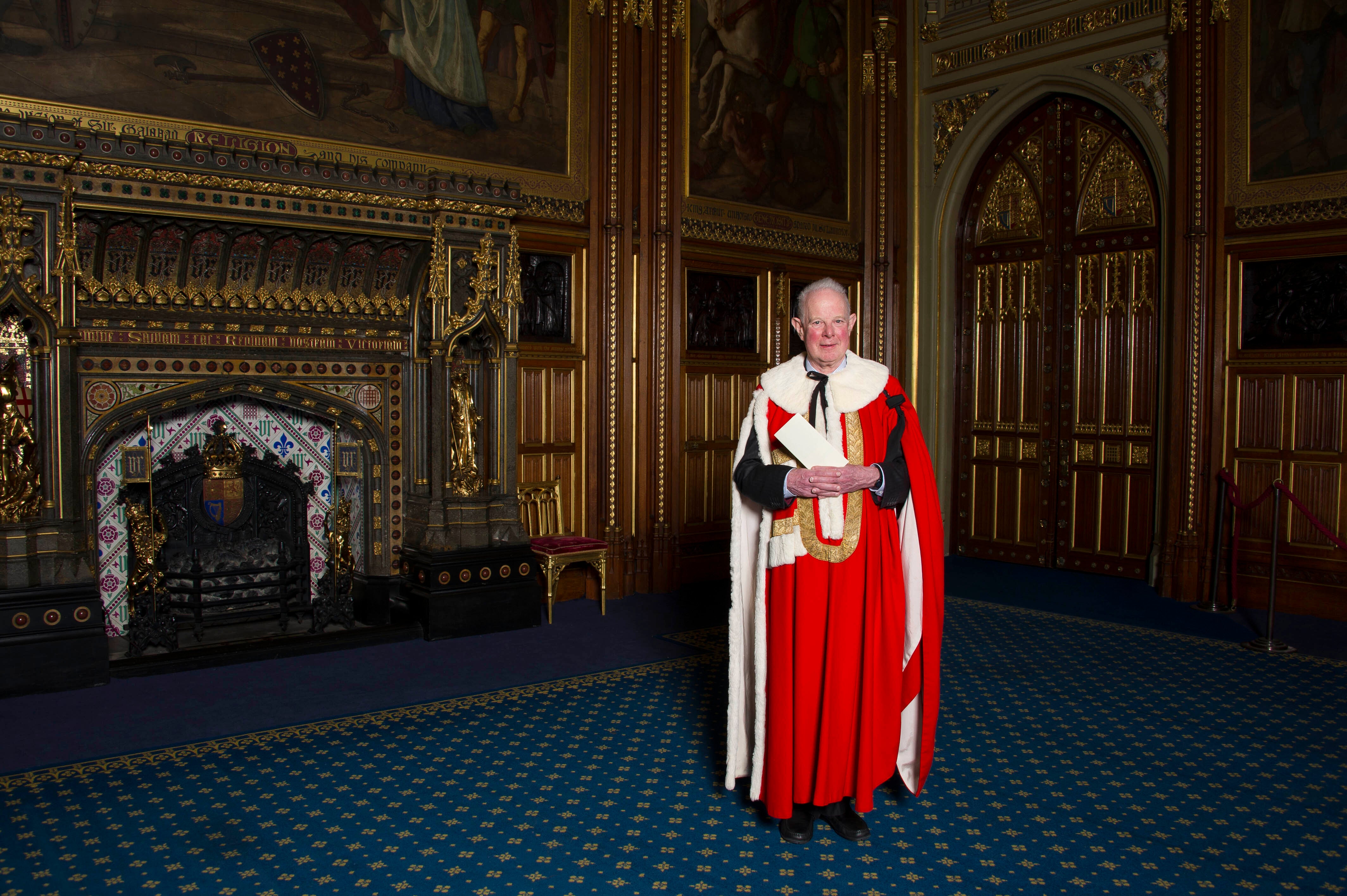Indefinite jail terms excluded from flagship sentencing review to end prison overcrowding crisis
The plight of 2,734 IPP prisoners, including 700 who have served over 10 years longer than their minimum jail term, will not be considered in a major sentencing review

“Morally wrong” indefinite jail terms which have left thousands languishing with no release date have been excluded from the government’s flagship review to tackle prison overcrowding.
Campaigners have hit out at the news that the scandal of imprisonment for public protection (IPP) sentences will not be addressed under a “once in a generation” independent review of sentencing, which is expected to look at “tough alternatives to custody” in a bid to bring prisons back from the brink of collapse.
The news comes just days after Britain’s former top judge backed The Independent’s campaign for IPP prisoners to have their “inherently unfair” sentences reviewed.
Details of the review, led by former justice secretary David Gauke, were announced as a further 1,100 prisoners sentenced to five years or more are set to walk free on Tuesday after serving just 40 per cent of their jail terms under emergency measures to free up cells.
Shirley Debono, founder of campaign group IPP Committee in Action, said: “There are IPP prisoners inside now that have committed less serious offences than those they are releasing under this new scheme [SDS40, a reduction in the time served in prison for certain people currently serving standard determinate sentences from 50 per cent of their sentence to 40 per cent] that they have brought out. I just think it’s not fair.”

Those excluded from Gauke’s review include a string of shocking injustices highlighted by The Independent, notably James Lawrence, a father who is still in prison 18 years after he was handed an eight-month jail term for threatening someone with a fake gun, Thomas White, who set himself alight after serving more than 12 years for stealing a mobile phone, and Abdullahi Suleman, who has spent 19 years behind bars for a laptop robbery.
The controversial sentences – under which offenders were handed a minimum jail term but no maximum – were ditched over human rights concerns in 2012, seven years after they were introduced by New Labour in a bid to be tough on crime.
Despite the sentencing protocol being widely condemned, including by the UN, its abolition did not apply retrospectively, leaving thousands trapped with no release date until the Parole Board deems them safe to be let out.
Of the 2,734 IPP prisoners still incarcerated, more than 700 have served over 10 years longer than their minimum term. At least 90 IPP prisoners have taken their own lives.
On Sunday, Lord John Thomas, a member of the House of Lords who served as the country’s most senior judge from 2013 to 2017, called for action to help those “left to rot” under the jail term.
“I think everyone accepts this punishment was a mistake,” the former lord chief justice said. “It’s just morally wrong.”

Launching the review, justice secretary Shabana Mahmood said Labour had inherited from the Tory administration a prison system that was “days from collapse”.
Alongside creating 14,000 extra prison places and outlining a 10-year capacity strategy later this year, she also vowed to “explore tougher punishments outside of prison” in the review.
Ms Mahmood said prisoners who earn the right to turn their lives around should be encouraged to do so. Although the overhaul will look at ways to create “prison outside prison” to allow more people to serve their sentence in the community, the IPP sentence or the administration of it will not be considered as part of the review.
“This review, along with our prison building programme, will ensure we never again have more prisoners than prison spaces,” she said.
“I believe in punishment. I believe in prison, but I also believe that we must increase the range of punishments we use. And that those prisoners who earn the right to turn their lives around should be encouraged to do so.
“The Sentencing Review will make sure prison and punishment work – and that there is always a cell waiting for dangerous offenders.”
Independent reviewer David Gauke added: “Clearly, our prisons are not working. The prison population is increasing by around 4,500 every year, and nearly 90 per cent of those sentenced to custody are re-offenders.
“This review will explore what punishment and rehabilitation should look like in the 21st century, and how we can move our justice system out of crisis and towards a long-term, sustainable future.”

Mark Day, deputy director of the Prison Reform Trust, said the review is a “vital opportunity” to get to grips with “runaway sentence inflation”.
However, he added: “It is vital that the government does not lose sight of the ongoing injustice faced by thousands of people still subject to the abolished IPP sentence.
“Particular effort needs to be focused on progressing the sentences of those who have never been released and remain in prison many times over the length of their original tariff.”
Andrea Coomber KC, chief executive of the Howard League for Penal Reform, added: “The trend of imposing ever longer sentences has brought the criminal justice system to the brink.
“An independent review presents a once-in-a-generation opportunity to deliver a more humane and effective response to crime and a lasting solution to the capacity crisis in prisons.”
Bookmark popover
Removed from bookmarks